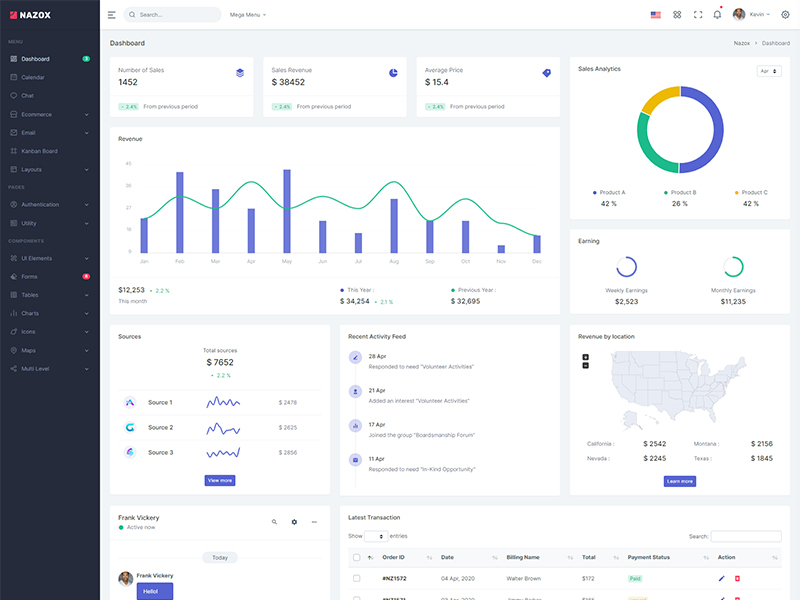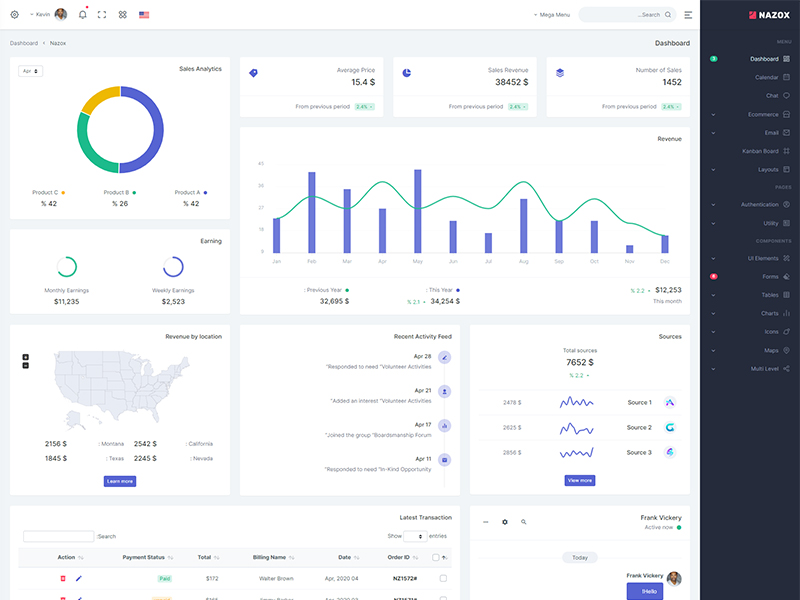What is Bitcoin?
Bitcoin is a decentralized digital currency that uses cryptography for security and is not controlled by any government or financial institution. It was created in 2009 by an unknown individual or group of individuals using the pseudonym "Satoshi Nakamoto."
Transactions with Bitcoin are recorded on a public ledger called the blockchain. The blockchain is a decentralized database that is maintained by a network of computers on the internet. Each transaction is verified by multiple computers on the network before it is added to the blockchain, which helps to prevent fraud and ensure the integrity of the system.
Bitcoins can be used to purchase goods and services online, or they can be held as an investment. The value of a Bitcoin is determined by supply and demand on exchanges, and it can be volatile.
One of the key features of Bitcoin is that it is decentralized, meaning it is not controlled by any government or financial institution. This allows for greater financial freedom and autonomy, but it also means that there is no regulatory body overseeing the system. As a result, Bitcoin has been associated with illegal activity and has been subject to regulatory scrutiny in some countries. However, many people believe that the benefits of Bitcoin outweigh the potential risks and that it has the potential to revolutionize the financial industry.




